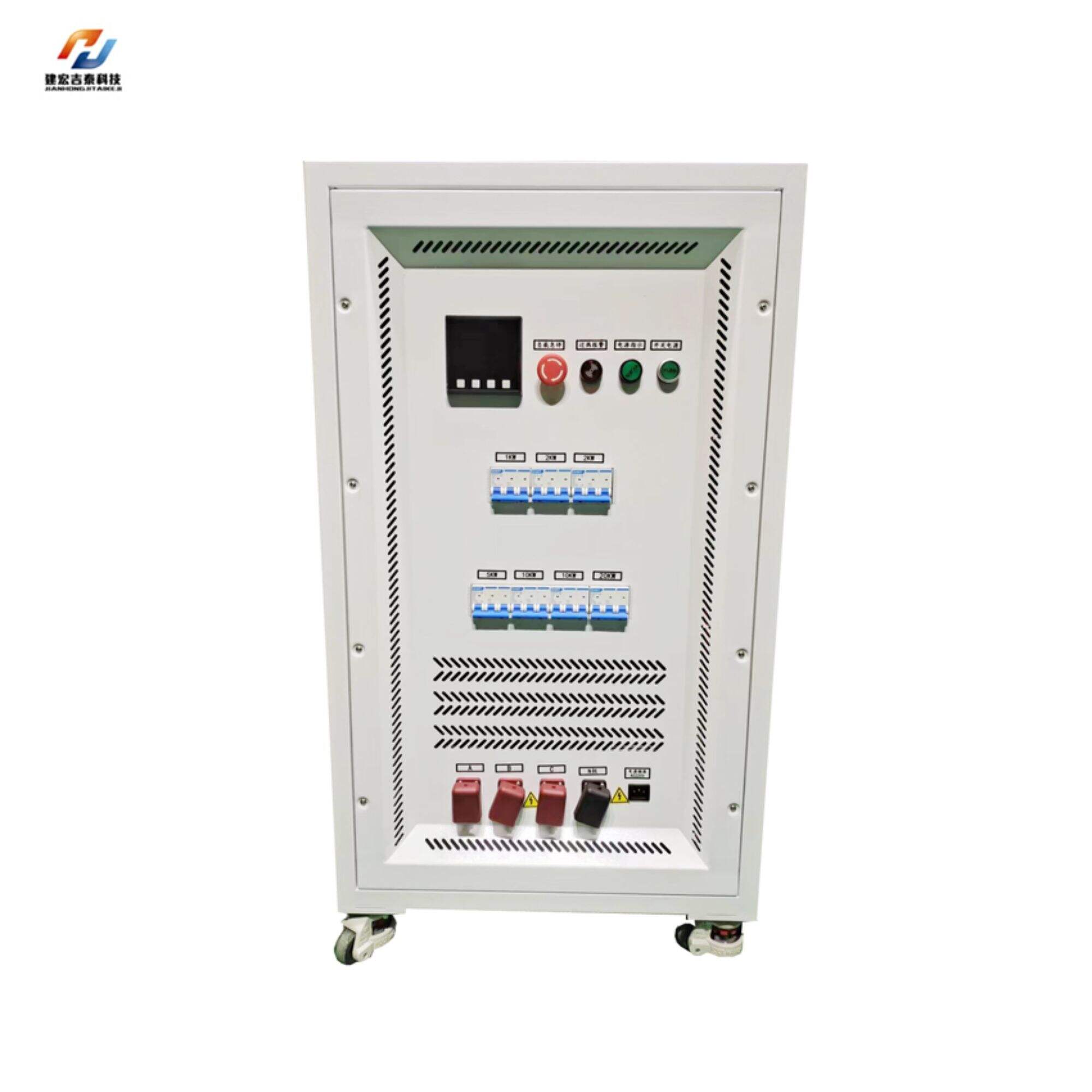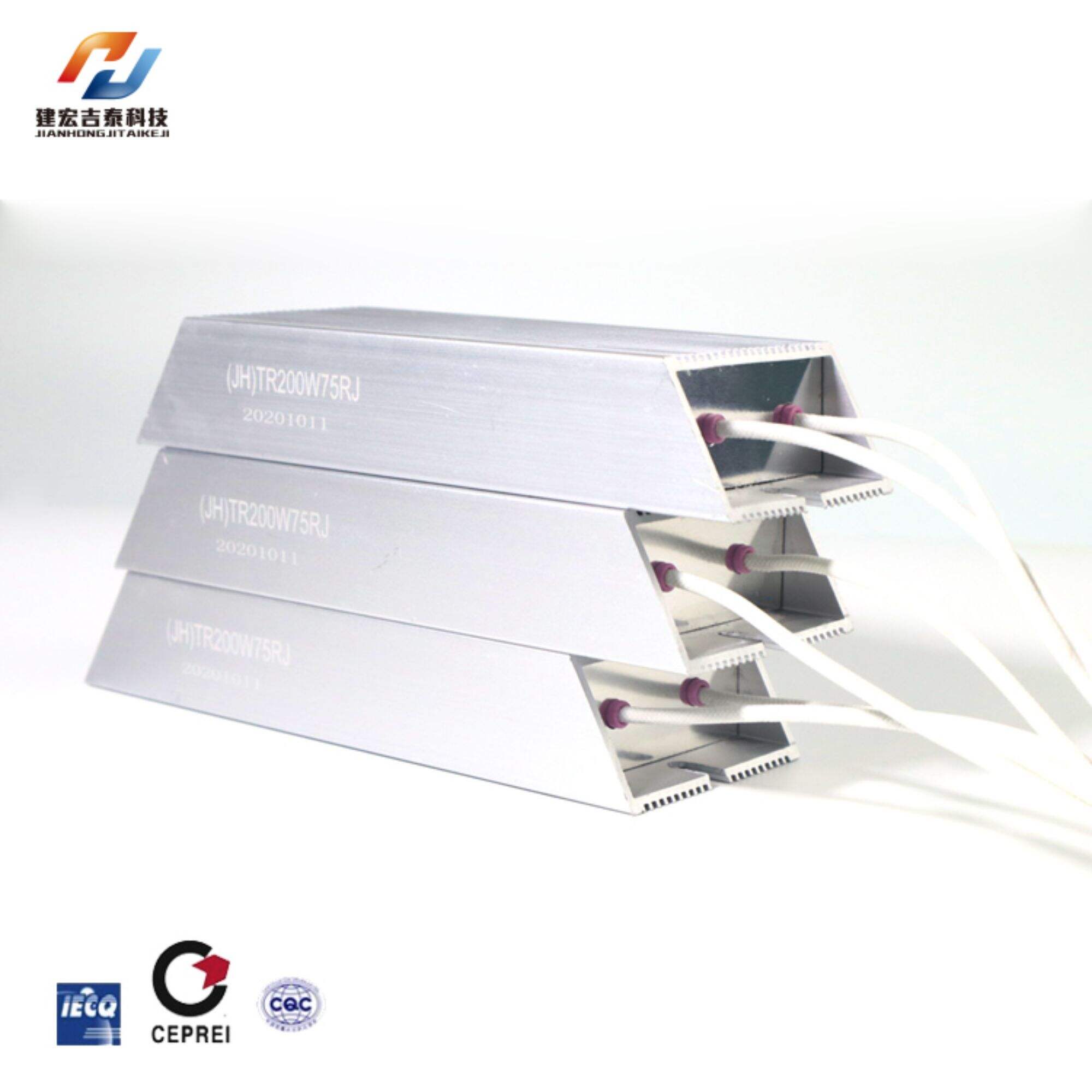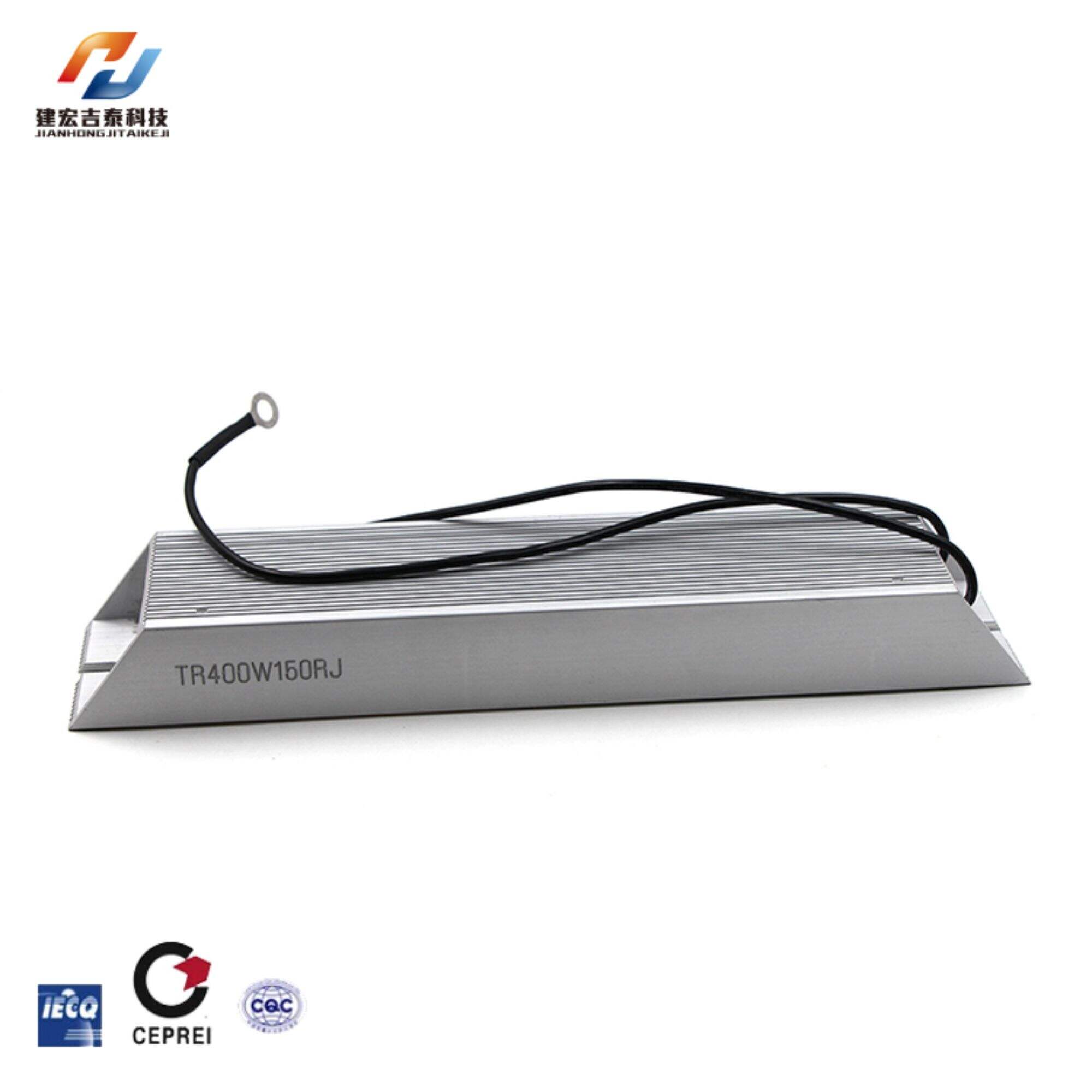Is Aluminum a Good Resistor?
Resistor material selection is influenced by a number of factors such as conductivity, cost and durability. Aluminum is one alternative material that is often excluded from the list of possible materials for resistors. Is Aluminum a Good Resistor? This article discusses whether aluminum can be used as a resistor and some of its benefits.

Aluminum’s Conductivity
Conductivity is one major factor to consider when selecting materials for resistors because it depicts how well they transmit electric current. It has high electrical conductivity meaning it can allow considerable amounts of electrical charge to pass through it. Therefore, this makes it applicable in situations where there is need for large current capacities like power supplies or motor controllers.
Costs of Aluminum
There are different aspects that should be put into consideration when deciding on which materials to use for making resistors including their costs. Aluminium, being relatively cheap compared to other kinds of materials, could be an economical choice. This becomes more important with larger scale production where even minor savings can accumulate rapidly.
Aluminum Durability
The fact that aluminium is very strong also makes it an effective resistor particularly when subjected to severe conditions or always operated under heavy loads circumstances. It does not rust or loose strength in high temperatures hence usable in many cases.
Advantages of Aluminium Resistors
When you make a resistor out of aluminum there are many advantages you’ll get from this kind of material. First, its electrical conductivity allows efficient use of electric current which improves performance in electronic devices. Second, its low price makes it an affordable alternative for mass production purposes. Finally, resistance ensures the longevity of the aluminium-made resistors since they are long-lived even under harsh circumstances-like environments.

Recommended Products
Hot News
-
What Are The Functions Of The Ac Load Box For Power Supply Detection And Maintenance
2024-01-11
-
The Use Characteristics And Methods Of The Load Bank Of The Generator Set
2024-01-11
-
The function of the load bank
2024-01-09
-
Explore The Types And Characteristics Of Resistors: Fixed And Variable Resistors
2024-01-09
-
How Resistors Work And Their Applications In Circuits
2024-01-09

 EN
EN
 AR
AR
 BG
BG
 HR
HR
 CS
CS
 DA
DA
 NL
NL
 FI
FI
 FR
FR
 DE
DE
 EL
EL
 IT
IT
 JA
JA
 KO
KO
 NO
NO
 PL
PL
 PT
PT
 RO
RO
 RU
RU
 ES
ES
 SV
SV
 TL
TL
 ID
ID
 LT
LT
 SR
SR
 SK
SK
 UK
UK
 VI
VI
 HU
HU
 TH
TH
 TR
TR
 AF
AF
 MS
MS
 GA
GA
 BN
BN
 LO
LO
 LA
LA
 NE
NE
 MY
MY
 UZ
UZ













